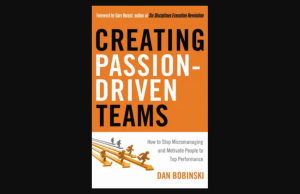Not long after the COVID-19 pandemic forced a shift to remote work, the Internet security research firm Twingate conducted a national survey to find out what workers missed most about going to the office.
“Social connections,” headed the list, followed closely by “human contact in general,” Those answers aren’t surprising, according to Phil Kelley Jr., author of “Presence and Profitability: Understanding the Value of Authentic Communications in the Age of Hyper-Connectivity.”
“Interactions with other people are essential to human beings and those interactions significantly affect our state of mind,” according to Kelley, who is also president and CEO of Salem One, a company that specializes in direct marketing, packaging, printing and logistics. “We were built to interact, to socialize, to gather and sort ourselves into social groups.”
Kelley understands the need and advantages of flexible remote-work schedules. He just worries that if remote work isn’t handled correctly — and if trends continue such as hot-desking policies where no one is assigned a permanent workspace at the office — the big loser will be corporate culture. And when culture suffers, so does the entire enterprise, according to Kelley.
“It’s well established that a great organizational culture — one where people feel engaged, connected, purposeful — helps achieve financial success,” according to Kelley. “This is because the attitudes of the people in an organization ultimately reach and affect customers. To put it simply, satisfied employees tend to foster satisfied customers.”
That’s why it’s important to promote the development of authentic connections and good relationships within a company. “Unfortunately, building and maintaining good internal relationships gets more difficult when those relationships are mediated by technology via email, texts, phone calls or video calls,” according to Kelley.
While some communication is better than none, what’s ultimately important is making a true connection, he said. For that purpose, a phone call is better than an email, a video chat is better than a phone call, and in-person is best of all.
“If working from home is done in such a way that eliminates employee interaction, then you will lower the quality of your culture,” Kelley contends. “That will in turn lower employee satisfaction and increase turnover.”
He says it all goes back to a saying popularized by writer and management consultant Peter Drucker: “Culture eats strategy for breakfast.”









